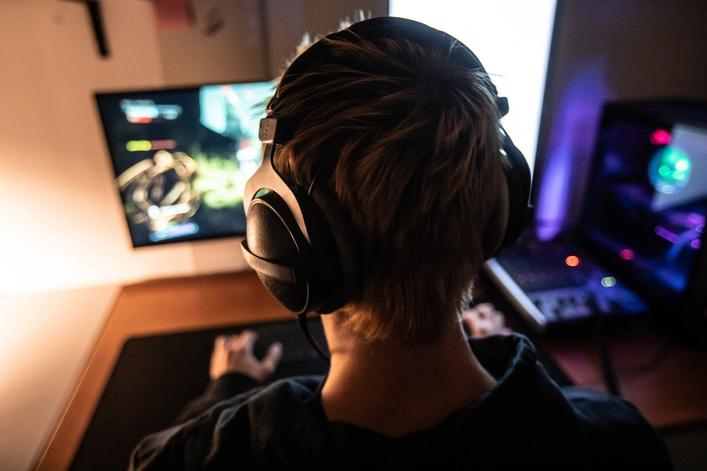Admit it, parents: A lot of us have thrown out the rules when it comes to your kids and screen time.
We juggled the demands of work and parenting at home, taking virtual meetings while whipping up your children's lunch, or desperately seeking out the mute button to shield your colleagues from the chaos at home.
Enter the iPad, or iPhone, or TV, or Xbox to come to parents' rescues. When we needed just a window of productive time, we let our kids hang out on screens just a little while longer.
But now school is about to restart, summer is here, and things have opened up just enough for both parents and kids to enjoy life without screens.
It might also mean parents are ready to bring back those rules around how much time your kids will have with screens.
"I’m hearing a lot from parents and from kids that they want to do things that are not on the screen," said Jodi Dworkin, a professor in the University of Minnesota's Department of Family Social Science. "They’ve spent so much time on the screen that they’re looking for alternatives. So we shouldn’t assume that kids want to be on the screen all the time."
►Ready for school:After a chaotic pandemic school year, help kids get back on track this fall
►From Facebook to Fortnite:The metaverse is calling. Are we ready?
Of course, not every kid will welcome dialing back on screen time. Ashley Levine, who works in public relations in California, say she and her husband set strict rules around screens for her kids – ages 8, 4 and 3 – before the pandemic: no iPads, no TV, but a family movie night once a month.
Then came the lockdowns. Levine pulled her kids out of school. Without an immediate option for child care, she and her husband decided to relax those limits.
"They had TV time every afternoon just because it was the only hour and a half my husband and I could actually get work done and be productive," Levine said.
Four months later, with a child care option in place, Levine's family brought back those screen time limits, much to the dismay of her kids.

"It was really challenging because my kids had four months of being used to watching TV every day," she said. "And it’s one of those things that when you’re used to it, they asked for it daily."
Gena Peth, a software and data analysis developer based in Washington state, similarly relaxed rules for her 15-year-old son during the pandemic. He got his first smartphone and was allowed to use chat tools to keep in touch with friends.
"We had to be a little more open to ways to connect," Peth said.
To prepare him for the new school year, Peth said she plans to dial back time spent on his Xbox or other devices like his iPad and new phone.
"He’s resistant for sure," she said. "It’s not like he’s excited about it. But he understands it’s coming."
Peth said regular communication played a big role in helping her son prepare for the change. "We talk about this way ahead of time and just start kind of preparing him mentally."
Dworkin said regular conversation about screen time and how devices are being used, especially in the context of a pandemic, can help ease your child's transition to fewer hours in front of a screen.
"You can’t take that stuff away now, but you can have a conversation about – we made different decisions because you couldn’t do these things in person, and now we want to talk about what our time will look like now that you can do more things in person," she said.
Rebecca Dore, a senior research associate at The Ohio State University's Crane Center for Early Childhood Research and Policy, said parents should focus on new activities that will replace screen time.
Dore also advised parents consider working with their kids on a Family Media Plan, a tool from the American Academy of Pediatrics to collaborate on how much screen time kids can have.
"Getting your kids on board with setting these limits can be really useful as well, especially for older kids and going into teenage years," Dore said.
For Levine, holding firm to the changes helped their kids adjust, but she says her kids do have more time with screens than before the pandemic. "When they do use screen time now, I try to make it at least something meaningful that I think is worth their time."









